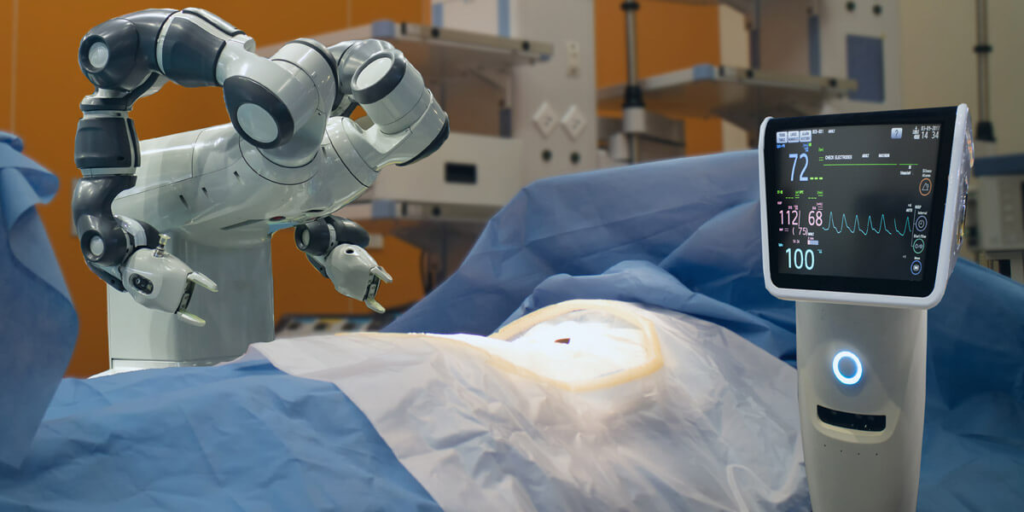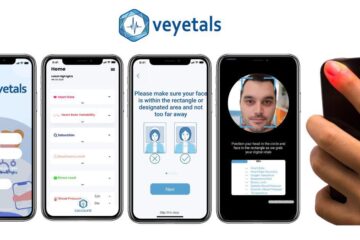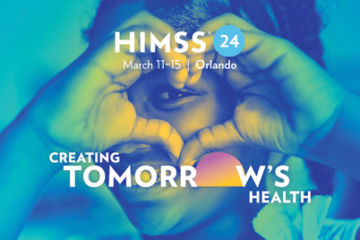AI and similar technologies are becoming more and more common in business and society and are starting to be used in healthcare. Many facets of patient care, as well as internal administrative procedures at payer, provider, and pharmaceutical organizations, could be changed by this technology.
Numerous studies have shown that AI can do important healthcare jobs, including disease diagnosis, even better than humans can. Today, algorithms already surpass radiologists in identifying cancerous tumors and advising researchers on how to create cohorts for expensive clinical trials. However, we think it will be long before AI completely replaces humans in large medical process domains for various reasons. In this article, we will discuss the potential for AI to automate portions of treatment and some of the obstacles to its quick adoption in the healthcare industry.

Table of Contents
ToggleThe Use of AI in Healthcare
By encouraging preventative medicine and innovative drug research, AI can enhance healthcare. IBM Watson’s capability to pinpoint cancer treatments and Google Cloud’s Healthcare app, which makes it simpler for healthcare organizations to gather, store, and retrieve data, are two instances of how AI is Improving the healthcare industry.
According to Insider Intelligence, scientists at the University of North Carolina Lineberger Comprehensive Cancer Center used the genomic product from IBM Watson to pinpoint particular treatments for more than 1,000 patients. Big data analysis was used to decide the best course of action for patients with malignancies that displayed genetic anomalies.
In contrast, Google’s Cloud Healthcare application programming interface (API) offers CDS products and more AI technologies to support doctors in making better clinical patient decisions. Through machine learning, Google Cloud’s AI uses data from customers’ electronic health records to produce insights that help healthcare professionals make better clinical decisions.
Google developed an AI system that forecasts the results of hospital visits in collaboration with the Universities of California, Stanford, and Chicago. By doing this, readmissions are avoided, and patients stay in hospitals for fewer days overall.
Other applications may include support in imaging analysis, clinical documentation, drug discovery, forecasting diseases, and predictive analysis by using data.
Pros and Cons of AI in healthcare
Pro - Real Time Information Access
AI more effective healthcare environment can be created with the use of artificial intelligence (AI). With the help of such digital infrastructure, patients would be better able to comprehend their symptoms and get the care they need. In order to provide patients with quick assistance, many applications have recently been created to enhance the cooperation between national and global healthcare organizations. The Ada App, for instance, built on clever technology and is accessible in 140 countries, increases the poor’s access to medical advice.
Pro - Data is Current
Real-time analytics can support stronger physician-patient relationships. Patients will be more involved in their treatments if important health information is made available via mobile devices. Through cellphone notifications, doctors and nurses can be informed of life-threatening changes in patient status and emergencies.
Pro - Task Streamlining
Healthcare practices all across the world have already been significantly impacted by artificial intelligence in medicine. Among the advancements are appointment scheduling, clinical detail translation, and patient history tracking. Healthcare facilities can automate more time-consuming and delicate tasks thanks to artificial intelligence. For instance, sophisticated radiological technology can identify critical visual cues, saving hours for a thorough investigation. OAI systems can automate booking, patient tracking, and treatment recommendations.
Pro - AI is a Unparalleled Surgical Aid
Success in testing and research has increased interest in the uses of AI and robotics in surgery. The smallest and most exact movements are possible with the AI Surgical System. Because of this, complicated surgeries can be performed with little discomfort, blood loss, and adverse effect risk. Furthermore, following such surgical procedures, patients recover significantly more quickly.
Before or after surgery, antibacterial nanorobots are employed to help clean the patient’s blood of infections. In other words, AI gives surgeons up-to-the-minute information regarding a patient’s condition. Such AI solutions reassure patients who may be nervous about having surgery while under general anesthesia. Overall, the surgical robot market growth is anticipated to increase to $24 billion by 2025.

While AI is helping improve health and medicine in many ways, it also has some deficiencies that can be a gap in its use.
Con - Requires Human Oversight
Because AI is not perfect, running them will still require human oversight and surveillance.
For example, robotic technologies that aid in surgeries have no sense of empathy and will operate merely on their program. Data suggested and presented by AI will still need a human doctor who still has the final decision to dismiss it or follow through with it, depending on the case of each specific patient they have.
Con - Ignores Social Variables
Patients frequently have needs that go beyond their current medical issues. Social, economic, and historical factors may impact the right recommendations for a given patient. For instance, based on a diagnosis, an AI system might be able to place a patient in a particular treatment facility. This system, however, might not account for the patient’s budgetary limitations or other personal preferences.
Privacy issues arise while using AI systems. Companies like Amazon have complete control over the collection and use of data. On the other side, hospitals could run into issues while transferring data using Apple mobile devices. These social and legal restrictions may limit AI’s ability to improve medical procedures.
Con - Unemployment
Jobs that demand repetitive tasks will become outdated as AI becomes more incorporated across industries, which is the main cause of the loss of job opportunities. Because AI has been implemented more widely throughout the entire healthcare system, many tasks that humans formerly carried out can now be completed by machines. Robots and chatbots can help with mental health problems, assess a patient’s health, and anticipate problems, including seizures, infections, and cardiogenic shock. Many employees may lose their employment as a result.
AI is in demand in the fast-growing world. Though it has some flaws, with time, they will be fulfilled. And also, the benefits AI will provide will take the healthcare field to a new height.
About Us
Veyetals is a wellness platform that uses your smartphone camera to measure your vitals such as you blood pressure, stress, and more within 30 seconds! Clinicians are using the Veyetals app to reduce the time and costs associated with the monitoring of patient’s vitals. This solution is equally beneficial for company’s to monitor their employee’s health and help them strive to be the best version of themselves whether at work or at home! Our solution is contactless, affordable, and simple. It’s the future of vitals monitoring!
Try our app for free from the iOS store or Android store.



